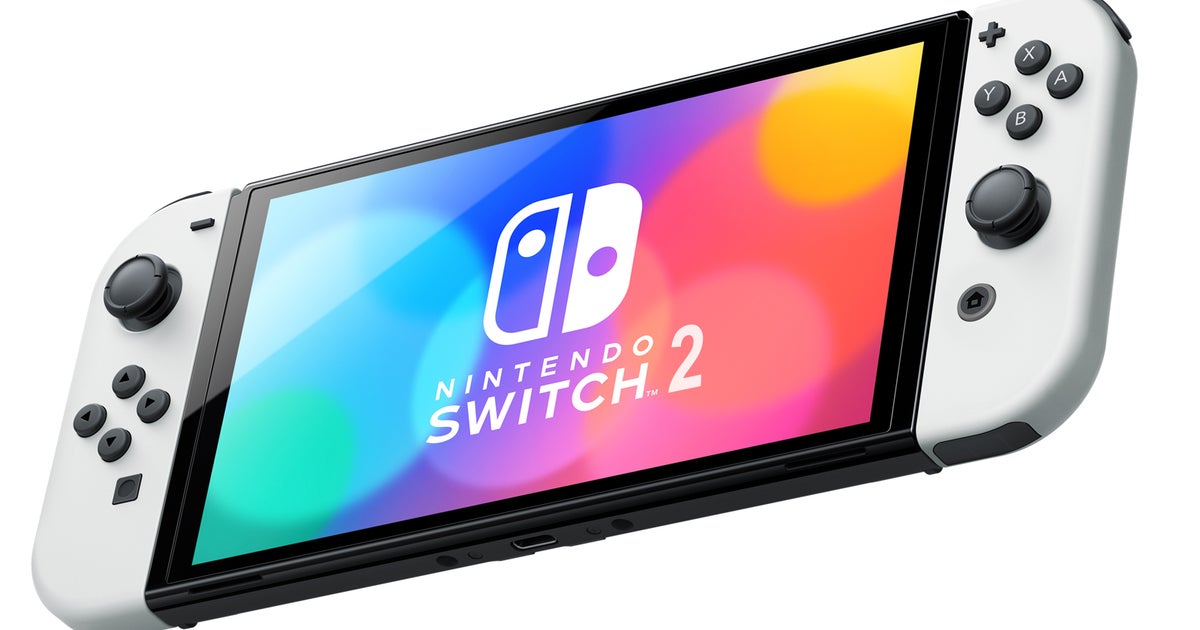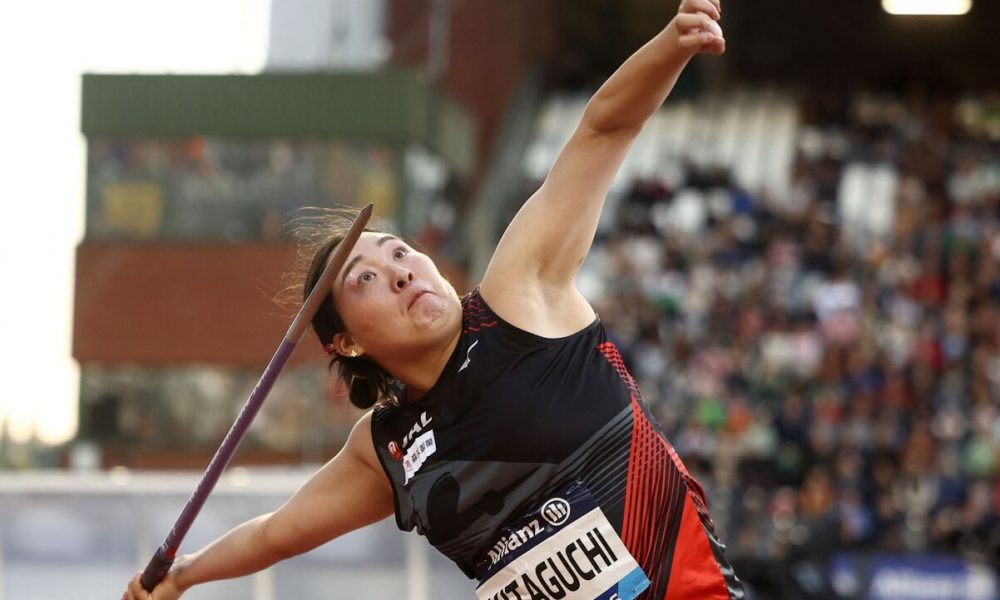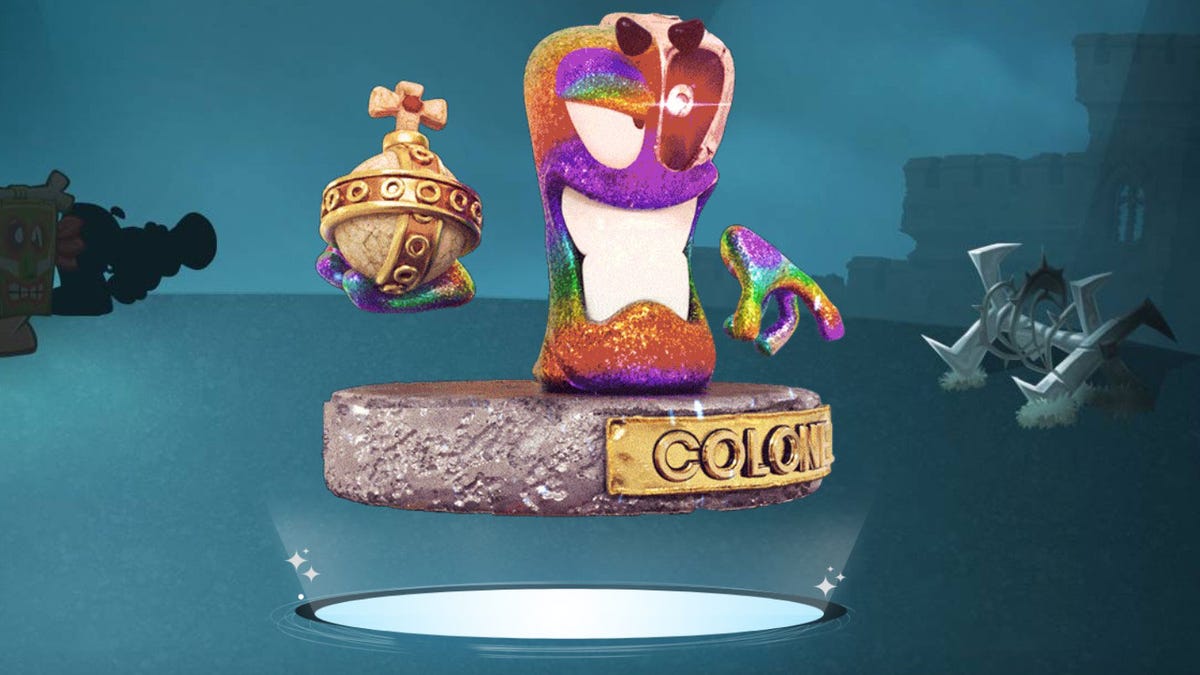BEIJING (AP) — The Beijing Olympics will be unprecedented when they open Friday in a tightly sealed bubble, replete with COVID-19 tests, extreme health precautions, and athletes fearful of testing positive before they leave home, or upon arri 。
The possibility of last minute-changes make predicting the final medals table more challenging than usual for US-based Gracenote.
Nielsen-Gracenote, which has been predicting medal outcomes for the last several Olympics, supplies statistical analysis to sports leagues around the world. Its Olympic numbers are based off computer models that analyze the most recent results in major competitions — and smaller ones — in the run-up to the Beijing Games.
Beijing is the first city to hold both the Summer and Winter Olympics.
“Due to the impact of the global COVID-19 pandemic, there is potential for the Beijing Winter Games to be more unpredictable than normal,” Gracenote said in offering its final forecast. “There is a high probability that some competitors currently ranked in our top three, will not be able to compete due to failing a COVID test.”
Norway is the pick again to top the medals table with 44 overall and 21 gold. That would top the 39 medals that Norway won in at the 2018 Pyeongchang Games. Gracenote predicts that 28 of Norway’s medals will come in cross-country skiing or biathlon.
Germany and the Russians, known at this year’s Olympics as ROC, are each predicted to win 30 overall. Germany is picked to take 11 gold and the ROC 10.
The ROC must compete without its national flag or anthem, fallout from a state-backed doping program and resulting coverups dating from the 2014 Winter Olympics in Sochi.
Many critics say the punishment is negligible since athletes still compete in their national colors.
The next seven teams in the top 10 are very tightly grouped. The United States and Canada are expected to win 22 overall medals with a slight edge to the United States with seven gold and Canada with six.
After this it’s: Switzerland (6 gold, 21 overall), Netherlands (8-20), Sweden (7-19), France (4-19) and Japan (3-19).
The second 10 are: Austria (3-15), China (6-13), Italy (2-13), South Korea (2-7), Australia (3-4), New Zealand (3-3), Britain (2-3)、フィンランド(1-3)、スロベキア(1-3)、チェコ共和国(1-3).
Simon Gleave, the head of sports analysis for Gracenote, said the goal is to identify the top 10 countries, and preferably in the correct order.
The Beijing Olympics have been shrouded in controversy with the United States and several other countries declining to send any high-ranking political representatives to Beijing. At the heart are allegations of crimes against humanity that target mostly Muslim ethnic minorities in the northwestern region of Xinjiang.
___
More AP Winter Olympics: https://apnews.com/hub/winter-olympics and https://twitter.com/AP_Sports















+ There are no comments
Add yours